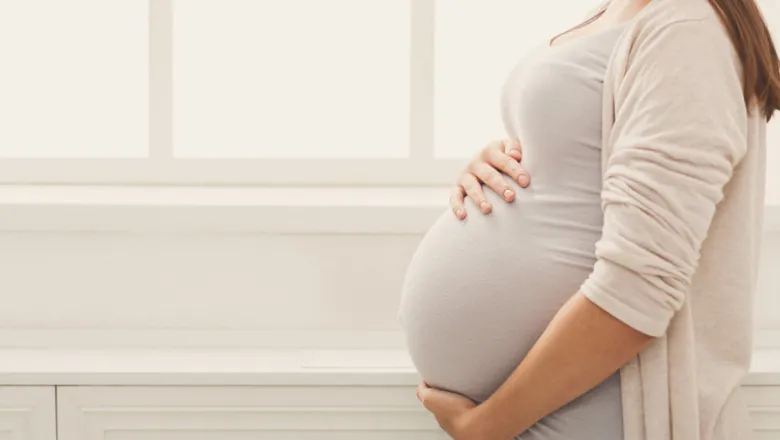Monitoring blood pressure at home does not result in either an earlier detection of high blood pressure or with blood pressure control in those who are pregnant, suggest the results of two new papers based on research from King's and the University of Oxford.

The findings, published today in two papers in the Journal of the American Medical Association and funded by the National Institute of Health and Care Research, are from the largest randomised controlled trials of blood pressure self-monitoring in pregnancy to date addressing those at risk of high blood pressure alongside those with pregnancy hypertension. These findings were drawn from 15 maternity units around England, are applicable to routine antenatal care.
Dr Katherine Tucker, lead author from the University of Oxford, said: "Around one in ten people who are pregnant will have high blood pressure, also called hypertension. For around half of them this can develop into preeclampsia, a condition that puts both mother and baby at risk.
"We know that self-monitoring of blood pressure in the general population has been shown to improve the diagnosis and management of hypertension, however, prior to these studies, little was known about its usefulness in pregnancy."
We set up the BUMP trials to find out if home blood pressure monitoring might help early identification of hypertension in pregnancy, or the control of blood pressure for those with pregnancy hypertension.– Professor Lucy Chappell, NIHR Research Professor in Obstetrics from the School of Life Course & Population Sciences
The BUMP1 trial identified those at higher risk of pre-eclampsia – according to medical guidelines – who were randomly assigned to either usual care or usual care plus self-monitoring of high blood pressure with telemonitoring using an app. BUMP2 focussed on those who were pregnant with either existing high blood pressure or high blood pressure that appeared during pregnancy, and again assigned them to either usual care or usual care plus self-monitoring of high blood pressure with telemonitoring using an app.
Altogether over 3000 participants took part in the trials across 15 hospitals throughout England, making these the largest completed investigations into pregnancy-related blood-pressure self-monitoring to date."
Professor Richard McManus, University of Oxford, said: "The studies had broad inclusion criteria, meaning we had good representation across different ethnicities and levels of social deprivation across England. While we found that self-monitoring made no difference to the timing of diagnosis or control of high blood pressure, it does appear to be safe and well tolerated."
"We found that self-monitoring of blood pressure alongside telemonitoring did not lead to improved clinic-based blood pressure control in with hypertension during pregnancy - when compared with the NHS usual standard of care.– Professor Lucy Chappell, NIHR Research Professor in Obstetrics from the School of Life Course & Population Sciences
She added: "Importantly neither trial found any problem with self-monitoring and there were high levels of acceptability. Further work will be needed to investigate if home readings can be used to support improvements in health outcomes for this group. In the meantime, women and pregnant people who wish to self-monitor can continue to do this and are advised to share their readings with their midwives/other clinicians. We would now like to consider how to develop the interventions further so that we can understand how we can improve health outcomes for women with pregnancy hypertension."






